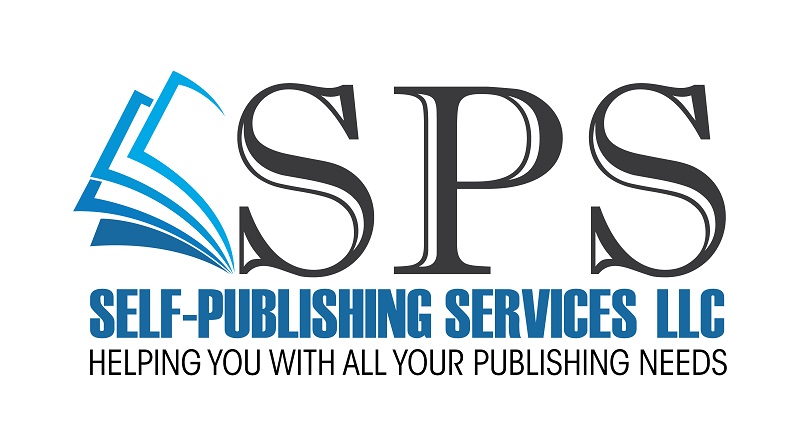Literary Agents: Do You Need One, and How Do You Get One?
If you’ve been in any corner of the book world for a while, chances are you’ve heard someone talk about finding a literary agent. An agent’s role, however, can be a bit unclear, and it might be even more difficult to figure out if you need one and, if so, how to get one. So let’s talk about literary agents a bit!
What is an Agent?
We’ve all seen various depictions of agents in movies and TV shows, but they don't ever really make it clear what an agent does. In short, an agent acts as your representative. What that means is they will go to bat for you in contract negotiations, they can serve as a mediator if you and your publisher are in disagreement over something in your book, they can have contacts that can give you publicity or networking opportunities, and they will pitch your book to potential publishers.
Do I have to Pay for an Agent?
If you only internalize one thing from this blog, let it be this: Do. Not. Pay. Upfront. For. An. Agent. I’m sure you’ve heard talk of people trying to navigate whether an agent is legit or a scammer, and one of the biggest red flags is an agent who asks you to pay for something upfront for representing you. The great thing about an agent is they get paid when you get paid. So when you get an advance from your publisher, you will give them a percentage of that. The standard agent cut is around 15 percent—so if you’re talking with someone who is asking for a 30 percent or 40 percent cut, it’s probably time to look elsewhere.
Why does it matter that any agent you work with only gets paid when you do? The client/agent relationship works because the agent is as motivated as their client to get their client work because you both get paid at the same time. It helps you trust your agent, and it helps you feel confident that they’ll fight to get you paid fairly for any project you take on.
Do I Really Need An Agent?
To put it plainly: not every author needs an agent. While it can feel really great to say you’re a represented author, representation isn’t necessarily advantageous for every type of writer. Every writer is a little different and the circumstances around each book are nuanced, so there isn’t a one-size fits all answer to seeking representation. Ultimately, you’ve got to explore your options and find the one that works best for you.
A good starting place, however, is this: if you’re traditionally publishing, you’ll typically need an agent. If you’ve ever explored the submissions page for your favorite publisher, you’ve likely come across a message that says they don’t accept unsolicited manuscripts. Agents have existing relationships with the editors at these publishing houses, so they are able to reach out to editors directly and pitch your book. Plus, having an agent will give you someone in your corner when you’re hammering out the details of a book contract.
On the flip side, if you’re self-publishing, literary agents won’t be a good fit—if for no other reason than the practical one: you won’t have any publisher advances from which you can pay your agent a percentage. You won’t have contracts that need negotiating, and you won’t need an agent to submit your proposal to a publisher, so a literary agent won’t have much to do to support your writing career.
Where Do I Find an Agent?
If you’ve decided to seek representation, where do you start? Sometimes finding an agent can be just as arduous a task as finding a publisher. Obviously Googling literary agents and collecting names is one place, but that can get overwhelming fast. A somewhat less overwhelming place to look is Publishers Marketplace. You can get the names of agents, information on the types of books they acquire, and even contact information.
You can subscribe to their newsletter which will show you new deals in the marketplace to alert you to agents who are real movers and shakers in the field. Using social media is another great outlet to learn who different agents are and what they are looking for. Additionally, a lot of agents will use their social media platforms to offer writers tips and tricks for submitting. Just be aware that if an agent asks for no submissions over email, post, or DM, you respect those boundaries. And finally, check out writers’ conferences. It’s very common for agents to come to writers’ conferences and conventions and be available for either networking or offer full-on proposal critique sessions. This is a great way to get face time with an agent and a great way to get time with an agent who might not accept unsolicited queries.
Finding an agent can be a really stressful part of publishing, but remember that every author doesn't need an agent. Making a business plan can really help you crystalize your goals, and can help you more clearly decide if representation is needed. We have published a book to help you make a business plan and really nail down your goals as an author, and we’re always happy to chat about your book and find ways to help point you in the right direction, even if we won’t be the right professional partner for you. So reach out to us today!

